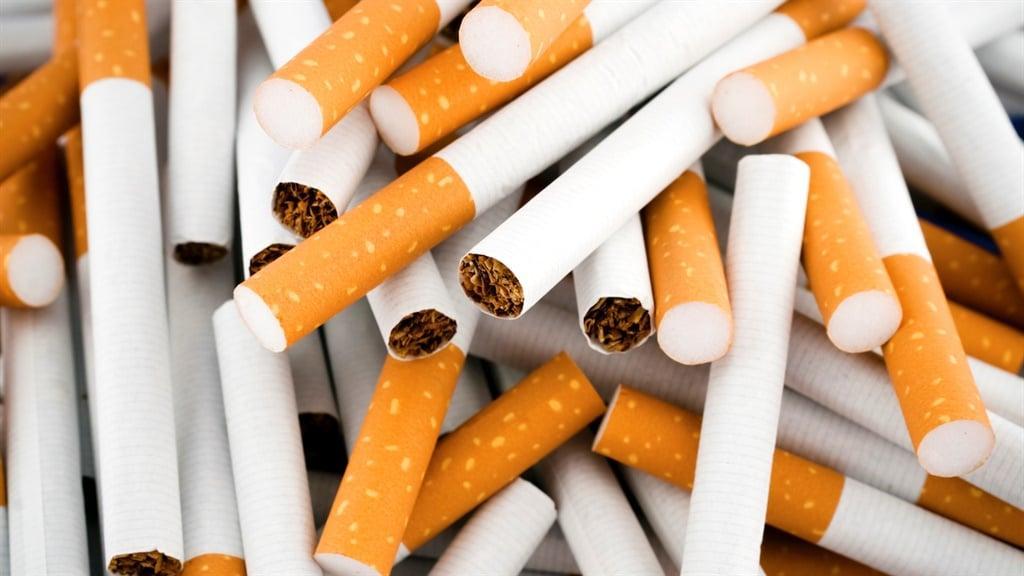Africa-Press – South-Africa. Illicit trade is one of the biggest threats to stability and economic growth in South Africa. An international report found that enforcing laws to clamp down on this form of criminality has been a challenge in the country.
The Transnational Alliance to Combat Illicit Trade (TRACIT) released a report spotlighting the scope and impact of illicit trade in South Africa.
The report said there were sharp increases in the illicit trade of a whole host of categories.
The share of cigarette sales that were illicit increased to at least 54% compared to around 34% in 2018, Transnet reported a 177% increase in the incidence of copper cable theft over the last five years and there has been an increase in abalone poaching. These are just some of the increases flagged by the report.
Illicit trade takes many forms in South Africa, including but not limited to, alcohol, cigarettes, fishing, mining, counterfeit electronics, pharmaceuticals, food, and apparel, the report said.
The “staggering” amount of illicit trade is costing the economy billions that could be used for investments in useful assets.
The report quoted the South African Revenue Service (SARS) as estimating that illicit trade costs the South African economy R100 billion every year.
Business Leadership South Africa estimates that the losses are at R250 million per day.
The World Economic Forum said that illicit trade poses a “top 5 risk” to the South African economy.
Non-financial costs
The costs of illicit trade go beyond the financial loss of the illicitly traded goods said Esteban Giudici, a senior policy advisor at TRACIT.
Speaking to SABC, Giudici said that illicit trade is in conflict with all of the UN sustainable development goals and undermines the rule of law in the country by bringing in organized crime, corruption, and “other egregious forms of criminality.”
He said that humanitarian issues such as the trafficking of human beings, money laundering, and the financing of terrorism are “intrinsically related to illicit trade and financial flows.”
He said that illicit trade also has a very serious impact on consumers and consumer security.
He said the same thing applies to alcohol, cigarettes, or electronic devices.
Fight back
The report found that regulatory bodies, institutions, and enforcement agencies in South Africa are “well-rounded and in line with international standards”.
It also said that legislation and regulations aimed at deterring illicit trade are adequate.
The challenges stem from a lack of application of the laws and insufficient skills and capacity to deal with illicit trade.
The report said the fact that there is no “overarching anti-illicit trade framework with clear leadership responsibilities and accountability to guide enforcement” in South Africa.
SARS has made efforts to clamp down on illicit and criminal activities.
The revenue authority claims that it added R6.6 billion to the fiscus in the last financial year by targeting these activities.
The TRACIT report included a ranking of South Africa on the Global Illicit Trade Environment Index. The index assesses the structural ability of the measured countries to protect against illicit trade.
South Africa was placed in position 42 of the 84 countries that were ranked.
For More News And Analysis About South-Africa Follow Africa-Press






